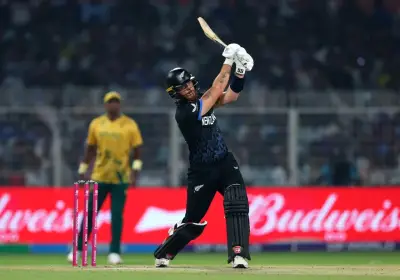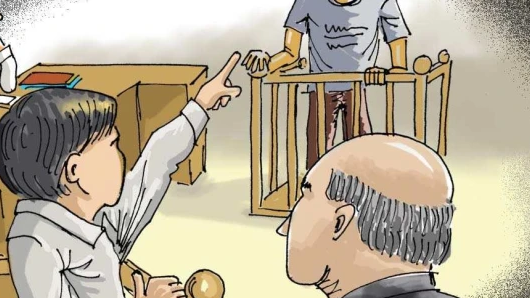Bhubaneswar: The Supreme Court has recently made it clear that there is no age bar for a witness. The apex court said the Indian Evidence Act, 1872 does not prescribe any particular age as a determinative factor to treat a witness to be a competent one.
A two-Judge Bench of SC comprising Justices JB Pardiwala and Manoj Misra held that a child of tender age can be allowed to testify if s/he has the capacity to understand questions and give rational answers.
The top court of the country has very clearly explained that, though, in Pradeep vs State of Haryana 2023 judgment, the SC had held that although oath cannot be administered to a child witness under 12-years of age yet, as per Section 118 of the Evidence Act it is the duty of a Trial Judge to conduct a preliminary examination before recording the evidence of the child witness to ascertain if the child is able to understand the questions put to him and that he is able to give rational answers.
The Supreme Court has laid down this clear-cut guideline on Child witnesses recently while hearing the case of Balveer Singh vs State of Madhya Pradesh.
- The Evidence Act does not prescribe any minimum age for a witness, and as such a child witness is a competent witness and his or her evidence and cannot be rejected outrightly.
- As per Section 118 of the Evidence Act, before the evidence of the child witness is recorded, a preliminary examination must be conducted by the Trial Court to ascertain if the child-witness is capable of understanding sanctity of giving evidence and the import of the questions that are being put to him.
- Before the evidence of the child witness is recorded, the Trial Court must record its opinion and satisfaction that the child witness understands the duty of speaking the truth and must clearly state why he is of such opinion.
- The questions put to the child in the course of the preliminary examination and the demeanour of the child and their ability to respond to questions coherently and rationally must be recorded by the Trial Court.
- The correctness of the opinion formed by the Trial Court as to why it is satisfied that the child witness was capable of giving evidence may be gone into by the appellate court by either scrutinizing the preliminary examination conducted by the Trial Court, or from the testimony of the child witness or the demeanour of the child during the deposition and cross-examination as recorded by the Trial Court.
- The testimony of a child witness who is found to be competent to depose i.e., capable of understanding the questions put to it and able to give coherent and rational answers would be admissible in evidence.
- The Trial Court must also record the demeanour of the child witness during the course of its deposition and cross-examination and whether the evidence of such child witness is his voluntary expression and not borne out of the influence of others.
- There is no requirement or condition that the evidence of a child witness must be corroborated before it can be considered.
- A child witness who exhibits the demeanour of any other competent witness and whose evidence inspires confidence can be relied upon without any need for corroboration and can form the sole basis for conviction.
- If the evidence of the child explains the relevant events of the crime without improvements or embellishments, the same does not require any corroboration whatsoever.
- Corroboration of the evidence of the child witness may be insisted upon by the courts as measure of caution and prudence where the evidence of the child is found to be either tutored or riddled with material discrepancies or contradictions.
- The evidence of a child witness is considered tutored if their testimony is shaped or influenced at the instance of someone else or is otherwise fabricated.
- Merely because a child witness is found to be repeating certain parts of what somebody asked her to say is no reason to discard her testimony as tutored, if it is found that what is in substance being deposed by the child witness is something that he or she had actually witnessed.
- A child witness who has withstood his or her cross-examination at length and able to describe the scenario implicating the accused in detail as the author of crime, then minor discrepancies or parts of coached deposition that have crept in will not by itself affect the credibility of such child witness.
- Part of the statement of a child witness, even if tutored, can be relied upon, if the tutored part can be separated from the untutored part, in case such remaining untutored or untainted part inspires confidence.

